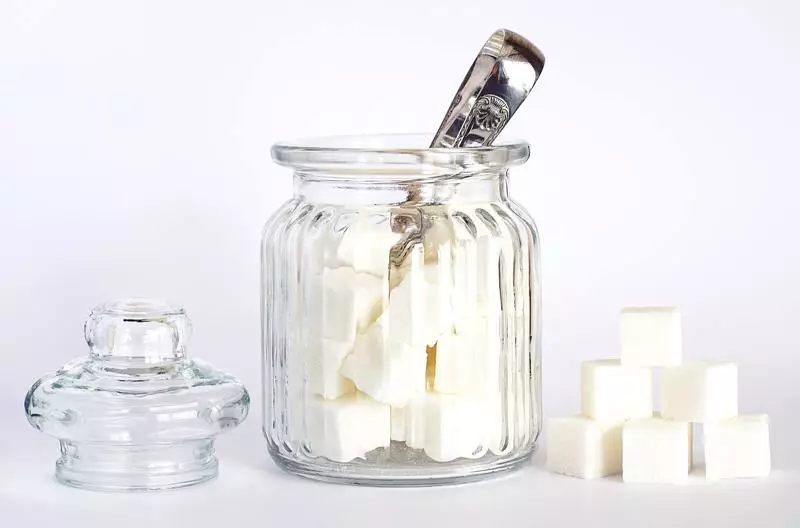Are sugar cravings after quitting alcohol a real thing? When a person engages in alcohol consumption for a long time and is drinking a significant amount at a time, their body changes. It becomes so used to the substance that it expects it, and when a person stops using it, they may begin to experience significant changes in their life. For some, sugar cravings after quitting alcohol are, in fact, common to have. Why does this happen, and what can you expect from the process of no longer drinking?
Why Do Recovering Alcoholics Crave Sugar?
It is common for people to have intense cravings when they stop using alcohol. That includes a variety of things, including alcohol itself. But why do recovering alcoholics crave sugar over other types of foods?
When a person stops drinking alcohol, they begin to crave sugar more so for several reasons. First, alcohol has a high content of sugar in it, which is why your brain makes the assumption that any sugar product could create the same type of euphoric feeling that alcohol did.
The sugar cravings after quitting alcohol are deeper than that, though. When a person uses alcohol, the brain’s pleasure center is triggered. It releases dopamine, a hormone that helps you to feel happy and good. It is this feeling that the brain craves when it is using alcohol. Your brain is programmed to seek out things that make it happy, and alcohol addiction occurs as a result of the substance’s ability to create that feeling.
That means that when you stop using alcohol, the brain needs something else that is going to make it feel the same way. So, does sugar help with alcohol withdrawal? In a way, it can be because sugar also helps with the production of dopamine. As a result, the brain is trading one type of stimulant for another.
What Is a Transfer Addiction?
So does sugar help with alcohol withdrawal, making it easier to get through this process a bad thing? It can be. This is called a transfer addiction when you replace one type of addiction with another. Depending on those substances, it can be bad for you. Alcohol’s effect is typically worse than that of sugar, though.
Why does this happen? Unfortunately, addiction is not just a chemical reaction in the brain. It is not just a habit. It is a lifestyle, and once your body and brain become used to that lifestyle, it wants to continue with it simply because that’s what they know.
What Are Other Side Effects of Alcohol Withdrawal?
Understanding the side effects of alcohol withdrawal can help you to learn the steps you need to take to break through them. Some people will experience the following types of withdrawal symptoms for the first few days of not using alcohol:
- Tremors
- Intense anxiety
- Headaches
- Fast heart rate
- Insomnia
- High blood pressure
- Irritability
- Confusion
In these first few days, you may also be at risk for more adverse and serious side effects of alcohol withdrawal. This includes hallucinations, excessive sweating, confusion and agitation at a worrisome level, fevers, fast respirations, and at times passing out.
The sugar cravings after quitting alcohol should not be ignored. Treatment options may be available to help you to get through these difficult times.
Ready to Get Help?
If you or your loved one is battling alcohol use disorder, reach out to our admissions team at (866) 971-5531. Learn more about the steps you can take to turn the corner and get the help you need to finally stop using. You don’t have to battle those symptoms on your own.

